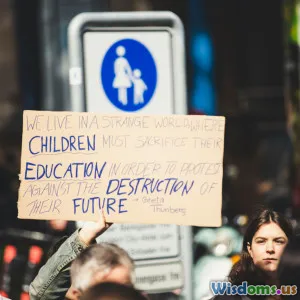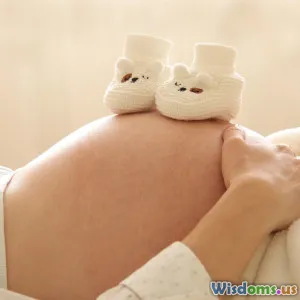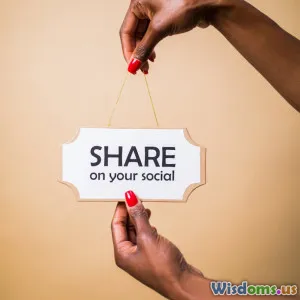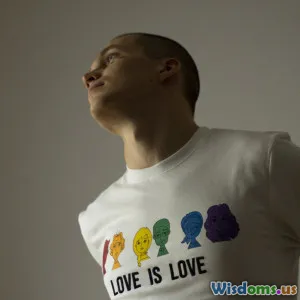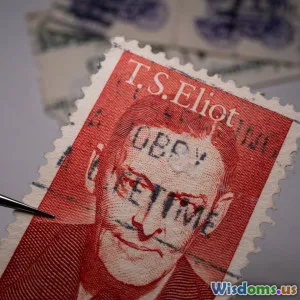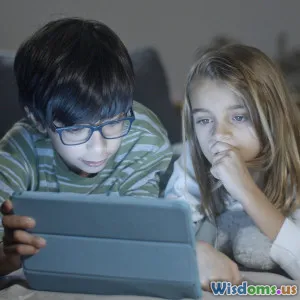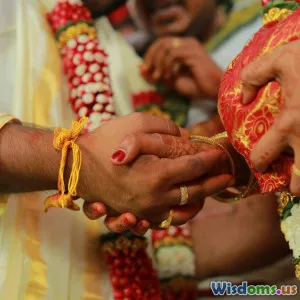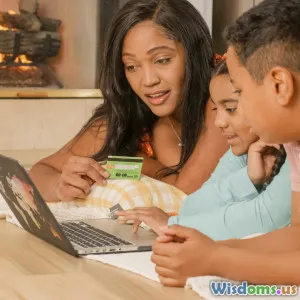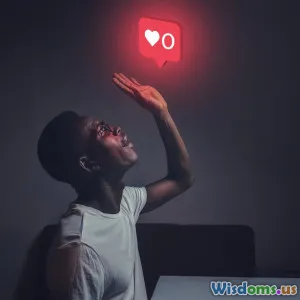
Arranged Marriages Are Rising Again: What’s Driving the Trend?
8 min read Explore the resurgence of arranged marriages and the socio-cultural forces propelling this surprising trend. (0 Reviews)
Arranged Marriages Are Rising Again: What’s Driving the Trend?
Introduction
For decades, arranged marriages have often been perceived through a lens of tradition, sometimes overshadowed by notions of forced unions or archaic customs. Yet, intriguingly, there's a notable resurgence of arranged marriages globally in recent years—a trend that may surprise many. What is behind this revival? Is it a backlash against modern dating culture, or a nuanced reimagining fueled by the digital age? In this article, we explore the complex dynamics rekindling interest in arranged marriages and what it means for relationships in the modern era.
Understanding the Historical Context of Arranged Marriages
Traditionally, arranged marriages were prevalent across many cultures—from South Asia and the Middle East to parts of Africa and even Europe. These unions were often influenced by family alliances, social status, and economic considerations rather than purely romantic attachment.
While Western societies leaned more toward marrying for love over the last century, in more collectivist cultures, marriages orchestrated by families maximized social cohesion and financial stability. However, with globalization and increased emphasis on personal choice, arranged marriages declined notably.
The Modern Resurgence: Facts and Figures
Recent studies and market data indicate an uptick in arranged marriages, particularly in South Asian diasporas but also in Western countries where immigrant populations preserve their cultural practices. For instance, a 2022 Pew Research study highlighted that approximately 45% of marriages among Indian-origin populations globally involved some form of family-mediated match-making, rising from earlier decades.
Moreover, tech platforms devoted to arranged marriage matchmaking (like Shaadi.com and Bharat Matrimony) have reported a surge in user engagement, with millions of profiles joining each year. This growth signals that arranged marriages are adapting to contemporary lifestyles rather than fading away.
What's Driving the Trend?
1. Navigating the Complexities of Modern Dating
Contemporary dating, characterized by endless choices and the paradox of choice, can often feel overwhelming. The rise of apps like Tinder and Bumble has transformed dating into a numbers game sometimes marked by superficial interactions.
Dr. Anjali Mehta, a clinical psychologist specializing in relationships, notes, "Many young adults feel disillusioned with the dating world. Arranged marriages provide an alternative avenue that balances personal agency with family involvement, reducing the stress of finding a partner alone."
The framework of arranged marriage offers curated options vetted by families, cutting through the noise of dating apps overwhelmed with profiles, ghosting, and mismatched expectations.
2. Cultural Identity and Preservation
For diaspora communities, arranged marriages serve as a powerful tool to nurture cultural heritage. For example, Indian, Pakistani, and Middle Eastern families often champion arranged matches to maintain language, religion, and customs within the family lineage.
Saira Khan, a British-Pakistani entrepreneur, shared, "Growing up abroad, I saw arranged marriage not as coercion but a means to connect with my roots meaningfully. It blended tradition with modern openness, honoring both worlds."
Especially in multicultural societies, arranged marriages symbolize the interplay between tradition and integration, helping families anchor themselves amid rapid societal changes.
3. Economic and Social Considerations
Financial stability and socio-economic compatibility have become significant concerns in recent decades, especially with rising living costs and housing prices globally. Arranged marriages often emphasize matching partners with similar educational backgrounds, career goals, and family values, potentially lessening conflicts rooted in economic disparity.
The rising cost of weddings and associated ceremonies has also incentivized more pragmatic approaches to marriage planning. According to a 2023 survey by WeddingWire, arranged marriages—which tend to emphasize family involvement—may lead to cost-effective and manageable wedding events.
4. Influence of Technology and Online Matchmaking
Far from relying solely on traditional word of mouth or family word, many arranged marriages now harness sophisticated online matchmaking tools like Shaadi.com, Jeevansathi, and Minder (for Muslim couples).
These platforms blend the ethos of arranged marriages with algorithms to match personalities, education, interests, and family values. By leveraging big data and user preferences, digital arranged marriages are more personalized and cater to individual aspirations while still involving family.
This synergy of tradition and technology helps explain why younger generations are not rejecting arranged marriages outright but refining them.
Challenges and Changing Perceptions
While many celebrate the resurgence of arranged marriages, challenges persist, such as ensuring consent and combating stereotypes about forced or unhappy unions. Advocacy groups emphasize the importance of "arranged and consensual" rather than "forced" marriages.
Campaigns across South Asia and the diaspora emphasize education, women's empowerment, and communication within families to ensure that choice and agency are at the heart of the process.
Conclusion: A Complex But Meaningful Revival
The revival of arranged marriages is far from a symptom of regression; it is a dynamic trend reflecting society’s complex evolution. Faced with the challenges of modern dating, cultural preservation, economic stability, and technological innovation, arranged marriages are adapting and resurfacing as an appealing option for many.
By blending tradition with modern values of consent and compatibility, arranged marriages today underscore a nuanced path—one where family, culture, and personal choice are interwoven thoughtfully.
Understanding this trend deeply invites us to reflect on the diverse ways people navigate love and partnership in a rapidly changing world, reminding us that there is no one-size-fits-all model for meaningful relationships.
References & Further Reading:
- Pew Research Center, "Marriage and Family Trends among South Asian Immigrants," 2022
- WeddingWire, "2023 Global Wedding Cost Survey"
- Interviews with Dr. Anjali Mehta and Saira Khan
- Shaadi.com Annual User Reports, 2023
Author Note: This article is intended to inform and provide insight into evolving cultural phenomena and is based on comprehensive research and expert interviews.
Rate the Post
User Reviews
Popular Posts










